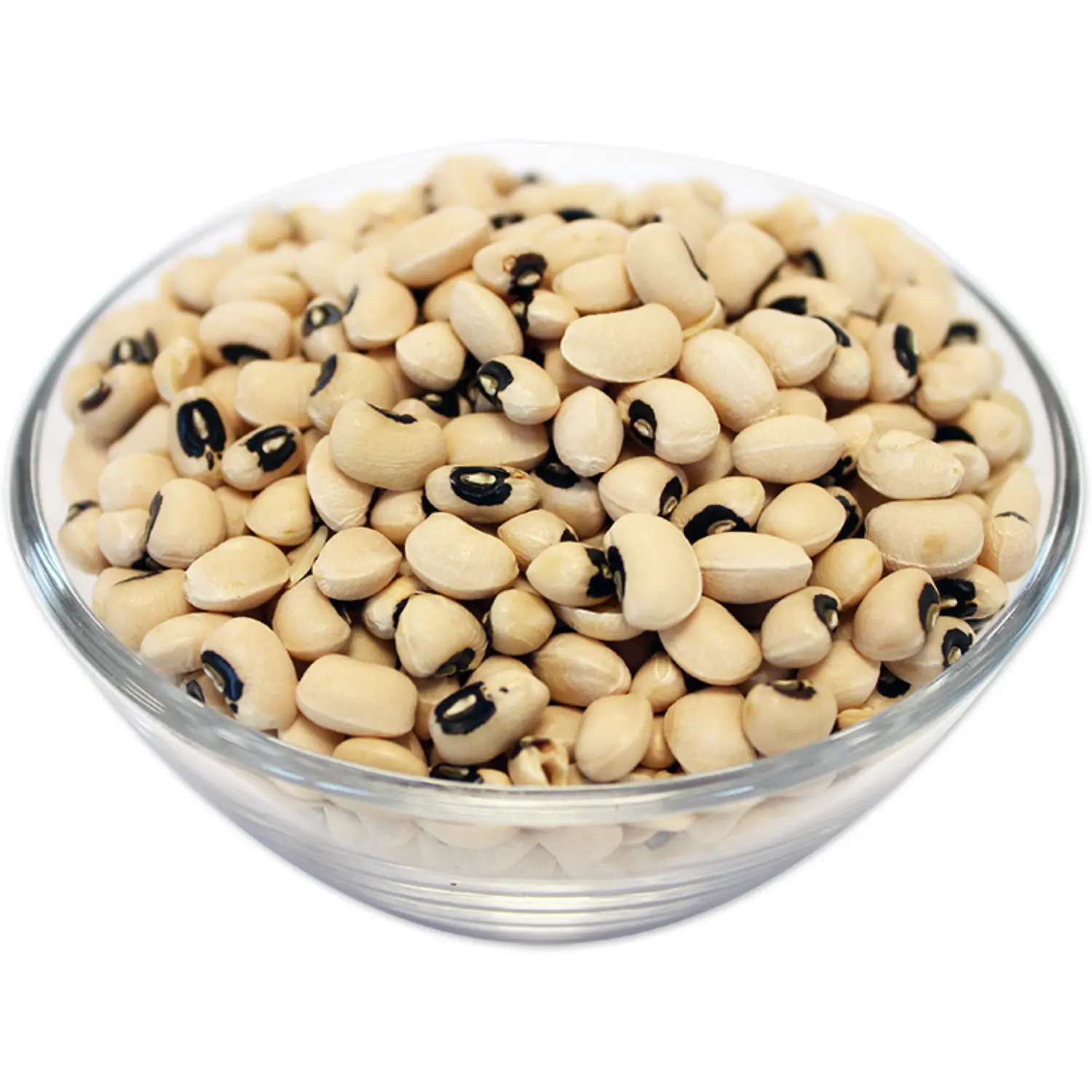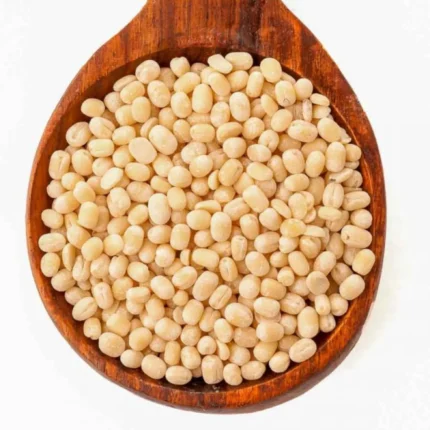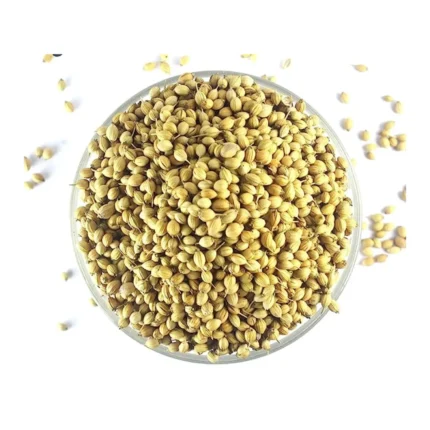Description
Black-eyed beans, also known as black-eyed peas or cowpeas, are a type of pulse that belongs to the legume family. These beans are oval-shaped with a distinctive cream-colored background and a small black “eye” or spot on one side. They are widely consumed in various cuisines around the world for their taste and nutritional benefits. Black-eyed beans have a mild, slightly nutty flavor and a smooth texture. They are a good source of plant-based protein, making them a valuable addition to vegetarian and vegan diets. Protein is essential for muscle growth, repair, and the production of enzymes and hormones in the body. In addition to protein, black-eyed beans are rich in dietary fiber, which supports healthy digestion and helps maintain regular bowel movements. They also provide essential nutrients like folate, iron, potassium, and magnesium, which are important for overall health and well-being. When cooked, black-eyed beans become tender but retain a slight firmness. They can be used in a variety of dishes such as stews, soups, salads, and curries. In many cultures, black-eyed beans are a traditional ingredient in dishes like Hoppin’ John, a southern American dish, and Akara, a West African fritter.














